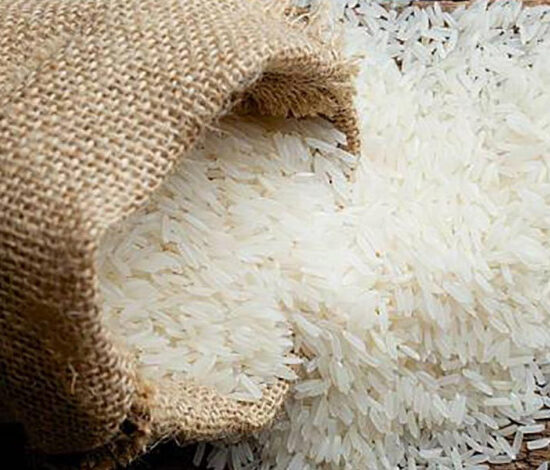
The Millers Association of Zambia (MAZ) says the country has been experiencing a wheat deficit for the last 10 years, which it has been cushioning through imports to ensure that there is smooth trade on the domestic market.
Association President Andrew Chintala has refuted statements that the country is producing enough wheat for consumption adding that the association is ready to stop importing wheat once there is sufficient increase in production.
Speaking in an interview with the Zambian Business Times-ZBT, Chintala said there is a readily available market for wheat and the millers are the biggest consumers of wheat locally with a huge demand from countries like the Democratic Republic of Congo (DRC) and Malawi, which do not produce much wheat.
Chintala explained that the association engages all the stakeholders including farmers before deciding to bring in any wheat imports noting that the stakeholders establish how much the country needs and how much is available locally then import the difference based on the consensus of all stakeholders in the value chain.
“They may have the potential to be able to increase their production but not until we get to a level or to a time when the country becomes self-reliant, then am sure that argument can start but as it is we do not just import without their consent. It is the farmers, the millers and the traders that sit and deliberate on the matter and establish the requirement in terms of the short fall and that is what we present to government”, he said.
He noted that the association is mindful of the fact that it needs to protect the local industry that is why it is working together with all value chain players so that they create an enabling environment conducive for all stakeholders.
Chintala said the African Continental Free Trade Area (AfCFTA) agreement would open up many opportunities for farmers, producers and all players in the food value chain therefore the country should start positioning itself to take advantage of the opportunities the AfCFTA agreement will bring.
The Association President mentioned that MAZ has so far imported approximately 60% of the total 100, 000 metric tonnes of wheat that government allowed the association to import.







